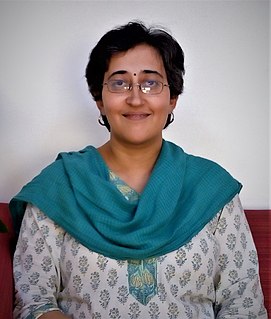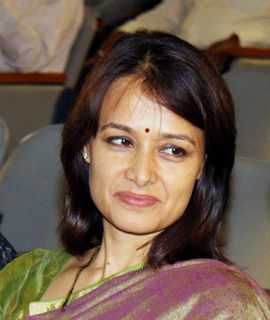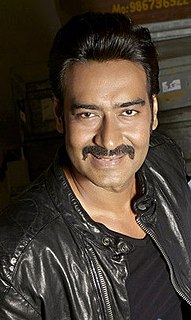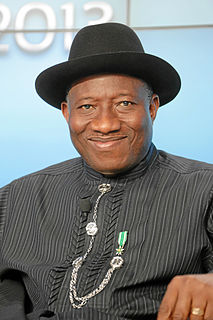A Quote by Peter Maurer
The issue of corruption in the humanitarian system is not an issue which is fundamentally different from dangers of corruption in other areas. One of the best ways to strengthen accountability is to engage in principled and law-based humanitarian action.
Related Quotes
Full statehood in Delhi is a larger issue as compared to anti-corruption. For, only when the Delhi government gets its anti-corruption bureau back will it get the power of suspension and vigilance inquiries on corrupt officers of different departments of the government. That is how you can curb the corruption.
I am big supporter of the idea of a global anti-corruption movement - but one that begins by recognizing that the architecture of corruption is different in different countries. The corruption we suffer is not the same as the corruption that debilitates Africa. But it is both corruption, and both need to be eliminated if the faith in democracy is not going to be destroyed.
When the United States stands up for human rights, by example at home and by effort abroad, we align ourselves with men and women around the world who struggle for the right to speak their minds, to choose their leaders, and to be treated with dignity and respect. We also strengthen our security and well being, because the abuse of human rights can feed many of the global dangers that we confront - from armed conflict and humanitarian crises, to corruption and the spread of ideologies that promote hatred and violence.
The issue of equal rights for lesbian, gay, bisexual and transgender individuals has vexed politicians for decades. I have my own cloudy history with the issue, having supported a law in Mississippi that made it illegal for LGBT couples to adopt children. I believed at the time this was a principled position based on my faith.
The humanitarian wishes to be a prime mover in the lives of others. He cannot admit either the divine or the natural order, by which men have the power to help themselves. The humanitarian puts himself in the place of God.
But he is confronted by two awkward facts; first, that the competent do not need his assistance; and second, that the majority of people positively do not want to be "done good" by the humanitarian. Of course, what the humanitarian actually proposes is that he shall do what he thinks is good for everybody. It is at this point that the humanitarian sets up the guillotine.
Nelson Mandela, Dada Vaswani, Harsh Mander, Shabana Azmi - I admire their humanitarian work. But sadly even Nelson Mandela could not keep corruption out of his cabinet and within a year, I am told, the victims of apartheid turned into perpetrators of corruption on their own people. Greed has no boundaries of colour or country does it?

































